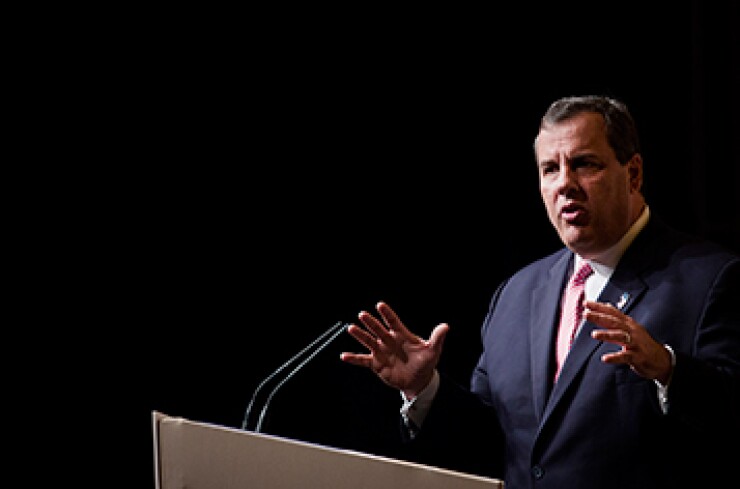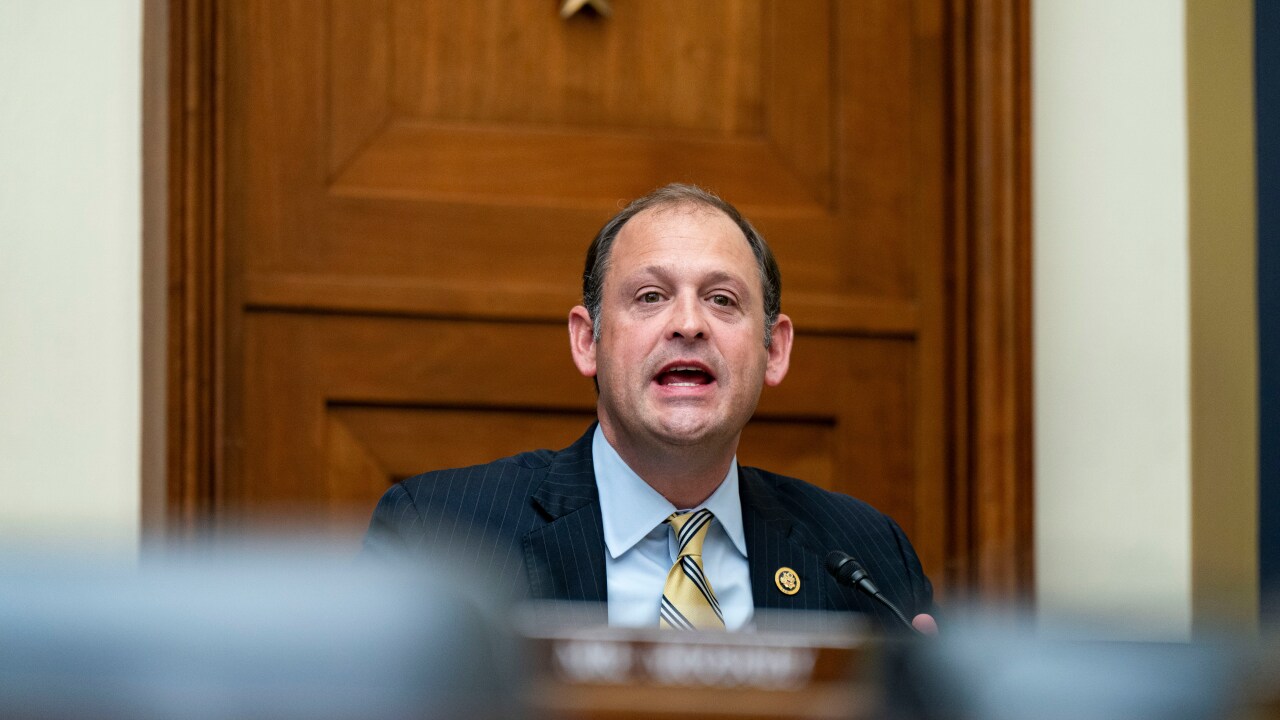
A referendum New Jersey voters approved Tuesday that dedicates all gas tax revenue to transportation projects marks the final step in a credit negative tax package adopted in October, according to Moody's Investors Service.
Moody's analyst Baye Larsen noted in a Nov. 9 report that despite the benefit to transportation funding, passage of the ballot measure sets the stage for an estimated $1.1 billion loss to the state's general fund by 2021. The legislation signed by Gov. Chris Christie raises the state's gas tax by 23 cents a gallon to raise $1.2 billion for the Transportation Trust Fund Authority but also cuts the sales tax to 6.625% from 7% and phases out the estate tax. If voters had rejected the proposition, the state could have used the new gas tax revenue for any operational purpose paid out of the general fund.
"Alongside the $1.2 billion gas tax hike, the state's tax package includes various general fund revenue reductions that will strain the state's operating budget amid rapidly rising pension contributions and a below-average revenue growth trend since the end of the national recession," said Larsen. "Tax reductions will cut state revenues available for education, human services and pensions."
Moody's rates New Jersey debt at A2 due largely to pension underfunding and below-average revenue growth. The gas tax revenues will support $16 billion of transportation-related capital projects over the next eight years.
"These projects will significantly improve the state's burdened infrastructure and restore construction jobs lost this past summer because of a lack of funding," said Larsen. "However, much of the $16 billion of capital investment will be financed with debt issued by the TTFA leveraging the new gas tax revenues, which will increase the state's debt load and fixed costs."
Larsen noted that roughly 25% of the $16 billion transportation plan will be funded on a pay-as-you-go basis with the remaining $12 billion resulting from borrowing. New Jersey recently issued $2.8 billion of Federal Highway reimbursement revenue notes not included in the $12 billion borrowing plan. She said the new borrowing plan would increase New Jersey's outstanding transportation-related debt by $5.6 billion to $21.3 billion by the 2021 fiscal year.
"Planned borrowing for the $16 billion state-funded transportation capital plan will increase the state's already-high leverage," said Larsen. "New Jersey is the fourth most-leveraged state in the US with $37.1 billion of net tax-supported debt in 2015."





